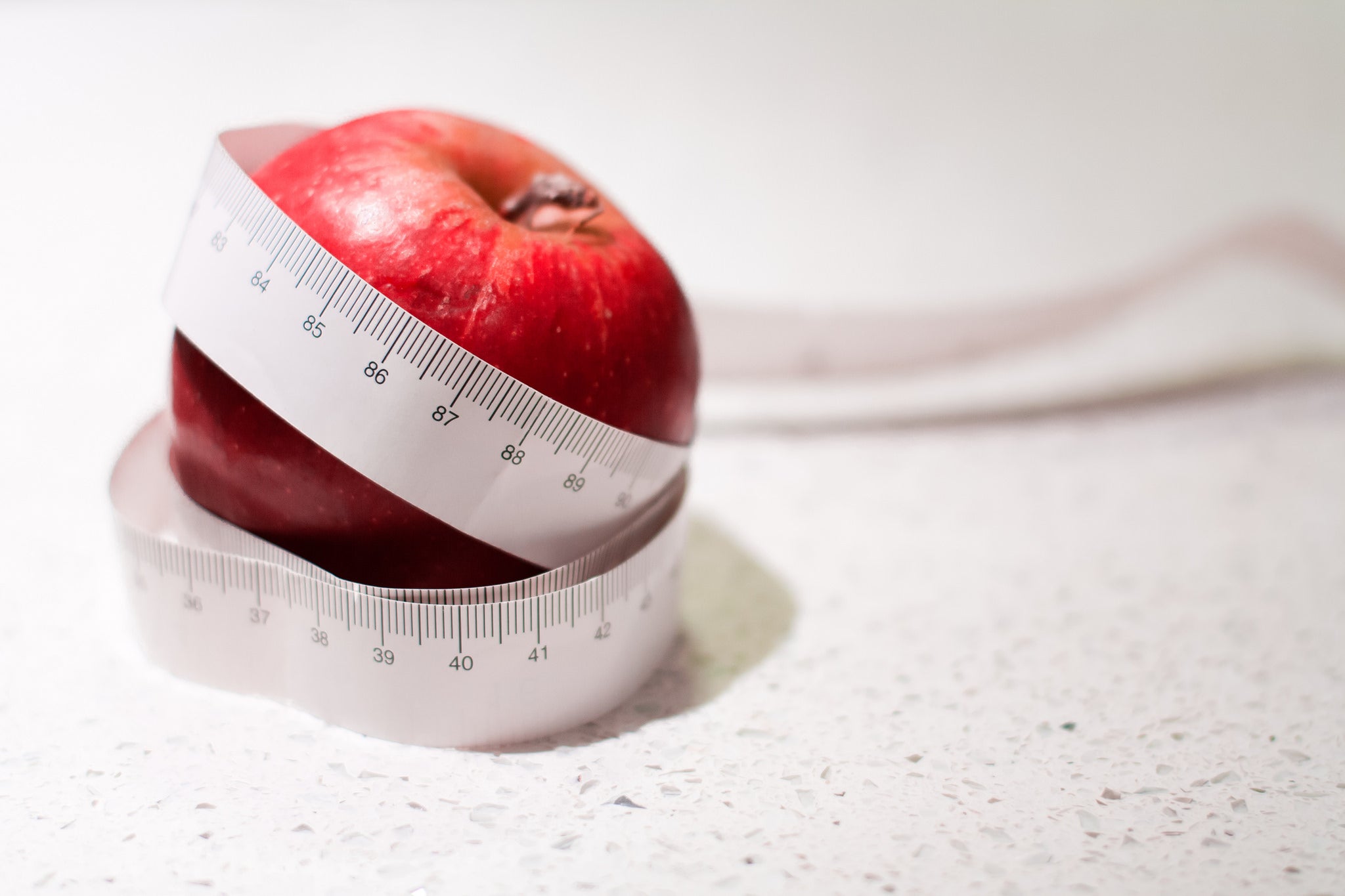Shortcuts to long-term calorie control
It’s no surprise that new gym memberships spike in January – but weight loss isn’t all about the grind of the treadmill. Simply consuming fewer calories means less penitence is required in the first place.

Your support helps us to tell the story
From reproductive rights to climate change to Big Tech, The Independent is on the ground when the story is developing. Whether it's investigating the financials of Elon Musk's pro-Trump PAC or producing our latest documentary, 'The A Word', which shines a light on the American women fighting for reproductive rights, we know how important it is to parse out the facts from the messaging.
At such a critical moment in US history, we need reporters on the ground. Your donation allows us to keep sending journalists to speak to both sides of the story.
The Independent is trusted by Americans across the entire political spectrum. And unlike many other quality news outlets, we choose not to lock Americans out of our reporting and analysis with paywalls. We believe quality journalism should be available to everyone, paid for by those who can afford it.
Your support makes all the difference.At its heart, weight loss is a simple sum. If you take in more calories than you use each day, your body will store the excess as fat. Eat fewer than you use and you’ll turn that stored fat into energy. There’s one caveat: if you eat too little, your body thinks it’s starving, so when you do start eating properly again, the fat piles back on. Controlling your daily calorie intake is vital; there’s no quick answer to lasting weight loss.
The NHS says a healthy target for an overweight person is to lose about 5-10 per cent of their starting weight at a rate of around 500g-1kg (1-2 lb) each week. Since the average daily calories for men should not exceed 2,500 calories, or 2,000 daily calories for a woman, that means cutting back your intake by about 500 to 600 calories per day.
It sounds like a lot, but many of those calories can be culled with only minor changes to your eating and drinking habits. For example, if you take two sugars in your tea or coffee, you can save 16 calories a cup by only adding a single teaspoon of sugar. That soon adds up to a significant saving if you have several hot drinks a day.
Speaking of coffee, almost all of the calories are added with the milk and sugar. If you don’t mind taking it black, it’s almost calorie free. If that’s too extreme, simply swapping whole milk for skimmed will claw back 70 calories on a typical tall latte from Starbucks.
Bread can also be quite calorific, so choosing a breakfast muffin (135 calories) over a bagel (245 calories) can help you meet your targets. Similarly, piling your sandwich filling on just one slice of white bread will save you around 55 calories.
Sugar sneaks into so many places that the best way to spot it is with the Change4life Sugar Smart app. Scan the product’s barcode and it tells you how much sugar is in it. Every 10g translates into about 39 calories.
Even though sugar is often added to ketchup, other condiments have far more than the 20 calories per tablespoon that the red stuff contains. There’s hardly any sugar in mayonnaise, yet a single tablespoon will pop another 94 calories on your plate. Replace it with a lighter mayo (36 calories) or, better yet, mustard (10 calories).
If the thought of all this number crunching is making your stomach turn, download a daily calorie calculator to take the hard work out of it. See the Apple App Store and Google Play for the latest. There’s also extensive weight loss advice available online via HealthExpress, one of the UK’s first legal online clinics. It offers free online consultations about weight-loss strategies that are tailored to you.
Dr Hilary Jones, a medical advisor at HealthExpress, says: “You need to enjoy a healthy eating regime. I don’t like to call it a diet. An eating regime that you can stick to for life is more sensible in calorie control.”
See www.healthexpress.co.uk/weight-loss for more information and a free consultation.
The Independent is not responsible for the content of this advertisement feature and any queries should be directed to HealthExpress.